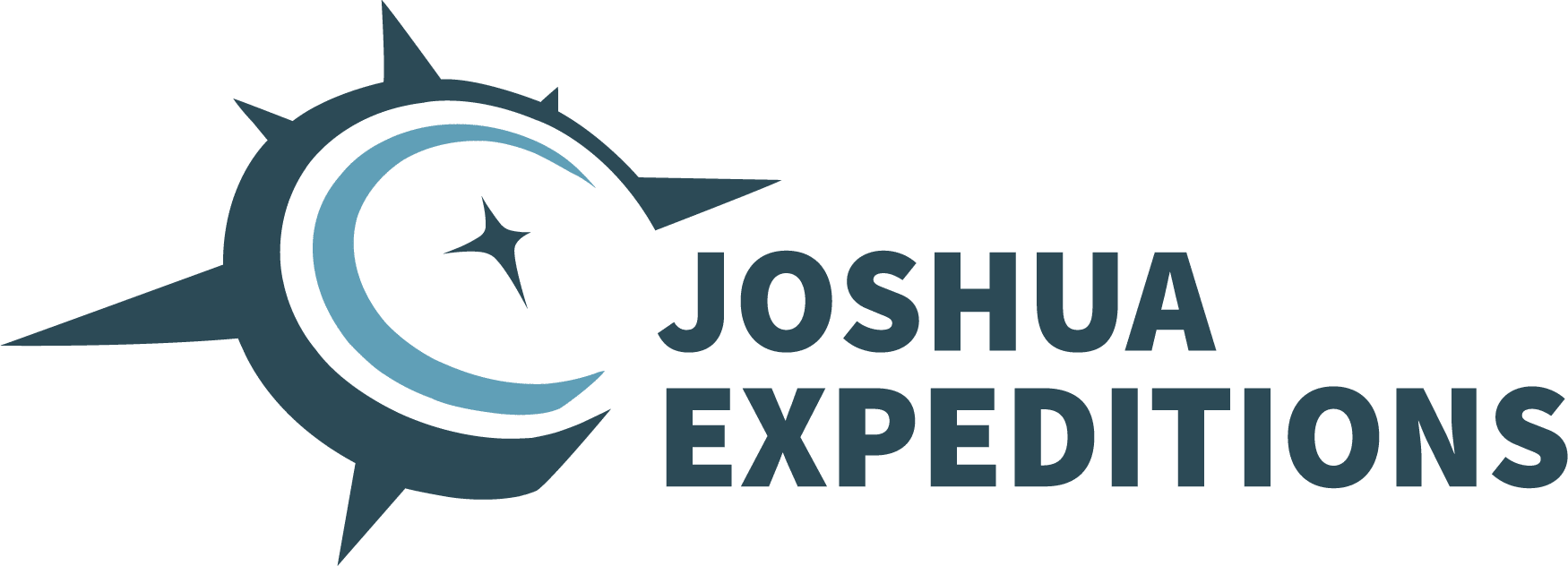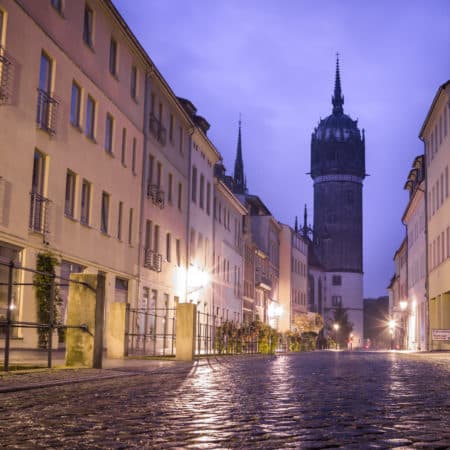THANKSGIVING IN EAST GERMANY
submitted by Michael Furchert, Joshua Expeditions European Tour Director
“Without God and without the sun we will get the harvest done” was a slogan the Communists taught the farmers in East German communities. According to the government, God did not exist and he was not needed. Yet every year on the first Sunday in October, our churches sent a strong message: We did believe in God. And we gave thanks to Him.
Thanksgiving was a special event as I grew up behind the Berlin Wall of Communist East Germany. For the annual Erntedankfest – the Harvest Festival of Thanks – Christians all over the country brought a share of their harvest, fruits, and goods into the churches and laid them at the foot of the altar. Pumpkins, beets, potatoes, wheat, corn, and other vegetables preached the message on that Sunday: God was still providing for us.
Times were not always easy for believers. Our church had been bombed during World War II and had burned to the ground. The Communists who rose to power afterward did not allow it to be rebuilt, so the congregation met in the parsonage, which was my family’s home. Our little church room was simple and humble. It had 50 wooden chairs, a wooden altar, a cross, and a small pipe organ. No popular band, no fancy equipment, no expensive sound system. Yet, in this little church, I found a faith that taught me to be thankful to God: for our lives, for our health, and for food to eat.
When I came into the sanctuary on Erntedankfest morning, my mother had everything nicely decorated with the goods people had brought. Fresh flowers, wheat, and corn filled the room, while baskets of fresh fruits and vegetables filled the altar steps. The small congregation would gather for the service, sing hymns, and pray. As the pastor, my father gave the message and we blessed the harvest God had given us. The next day all the goods, vegetables, and fruits were taken to a nearby kindergarten to provide food for the children.
Today the “Harvest Festival of Thanks” is still an important part of German church life. Unlike in North America, it is not an official national holiday or an event of family get-togethers and feasting. It remains a traditional celebration of believers offering their thanks to God. One of the most known Erntedankfest celebrations takes place at Berlin’s Johannesstift Church. The all-day affair begins with a service, followed by a Thanksgiving procession and the presenting of the traditional “harvest crown” made of wheat. The afternoon is filled with music, and the day ends with an evening service followed by a lantern and torch parade.
Now I experience Thanksgiving in America. To many, it has become a traditional family holiday marking the start of the Christmas shopping season. It sometimes strikes me as ironic. With all the religious freedoms we enjoy today, Thanksgiving is becoming a secular holiday followed by a Black Friday shopping rush, while in Communist East Germany, where religious freedom was oppressed, it is a day of giving praise and thanks to God. That’s one of the reasons Joshua Expeditions ventures into other countries and cultures: to learn from them in order to impact our lives and the lives of others.
Happy Thanksgiving!



